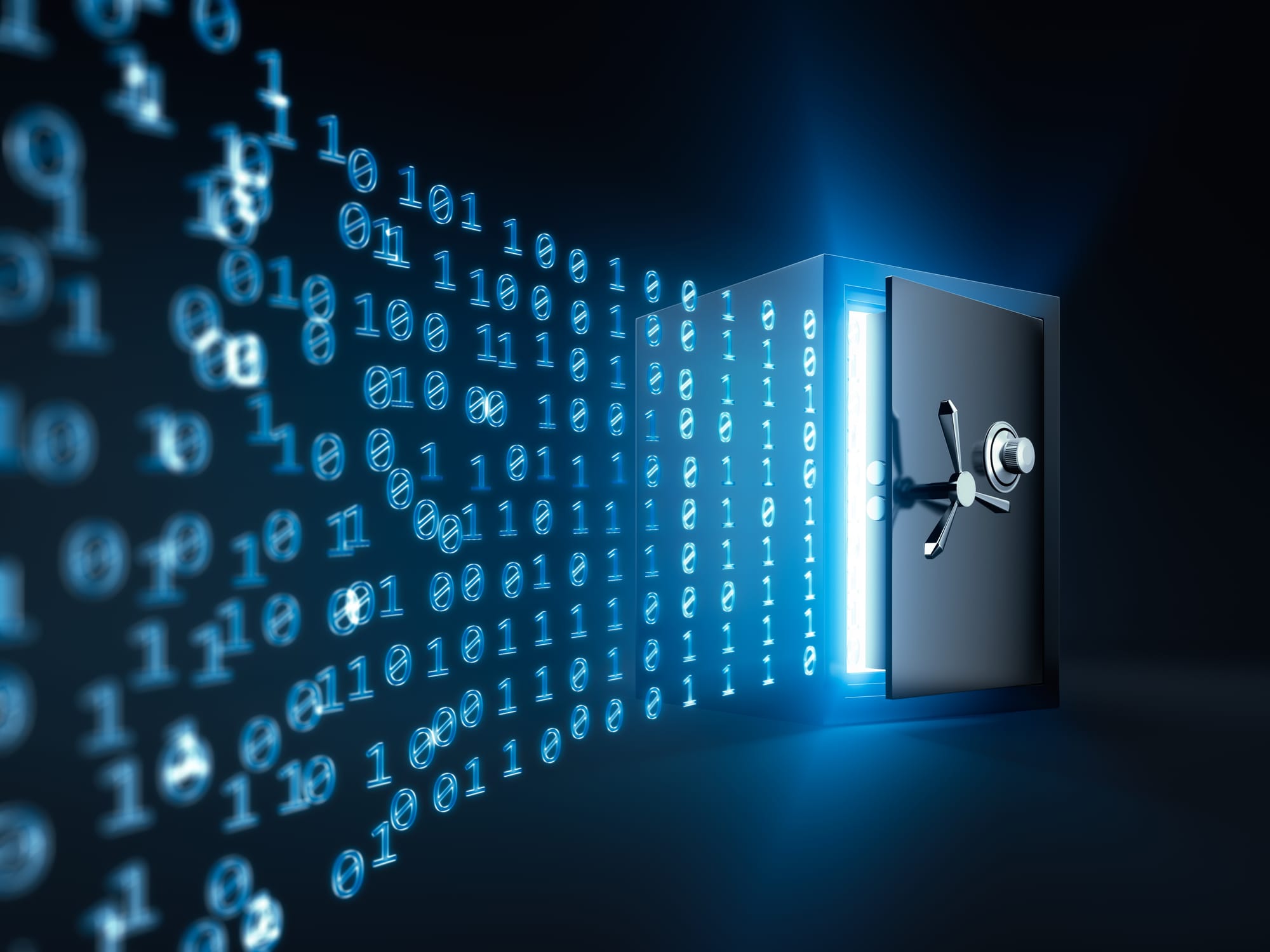Quantum Innovation for Defence and Security: How Small-Scale Systems Spark Big Potential

Introduction Modern defence hinges on the balance between cutting-edge technological innovation and robust, field-ready practicality. Quantum computing holds immense promise in secure communications, advanced simulations, and strategic planning. While large-scale quantum computers are still in development, small-scale systems—such as two and three qubit models—are already equipping defence teams to experiment, train, and shape the early standards of quantum-ready defence.

1. Secure Communications and Cryptographic Research One of the most talked-about applications of quantum computing in defence involves next-generation encryption and secure communications. Even on smaller quantum hardware, researchers can prototype post-quantum cryptographic algorithms and test how they might integrate with existing defence networks. By exploring these methods on our range of NMR devices, defence organisations can develop—and stress-test—protocols that could eventually guard against more powerful quantum attacks.
2. Rapid Prototyping for Simulation and Logistics From battlefield simulations to logistical planning, many defence scenarios involve complex modelling. Small desktop and portable quantum systems offer a valuable starting point for tackling simplified or scaled-down versions of these problems. Teams can experiment with quantum-inspired approaches—like variational quantum algorithms—in a controlled environment before porting successful methods to higher-qubit architectures. This incremental approach de-risks the early R&D phase and helps teams build foundational expertise.
3. Building Internal Expertise The defence sector must cultivate quantum-savvy personnel to stay ahead of potential threats. User-friendly, desktop-scale systems allow defence researchers, officers, and cybersecurity teams to gain hands-on experience, bridging the gap between theory and real-world quantum computing. Having a compact, in-house platform reduces the learning curve, allowing diverse teams—spanning cryptography, data analytics, and military intelligence—to collaborate, experiment, and innovate more rapidly.
4. Fostering Strategic Partnerships By bringing small-scale quantum hardware onto defence sites, organisations signal their commitment to next-generation research. This often attracts partnerships with academic institutions, research labs, and tech innovators. These alliances can accelerate breakthroughs in quantum sensing, secure communications, and machine learning for defence. Joint proof-of-concept projects, for instance, can validate the feasibility of advanced technologies like quantum radar or secure quantum key distribution (QKD).
5. Aligning with Future Defence Standards Defence planners increasingly anticipate a world where quantum technologies are integral to secure data exchange and real-time analytics. Early investment in 2–3 qubit devices—or slightly larger small-scale systems—lays crucial groundwork for mastering quantum hardware operation, error mitigation, and algorithm design. By adopting small scale quantum computers systems, defence organisations begin developing the protocols and skill sets that will be indispensable in a fully quantum-enabled military infrastructure that is mobile.
Conclusion The national security landscape evolves rapidly, and maintaining a competitive edge requires a forward-thinking embrace of emerging science. Small-scale quantum computers, like those in our store, allow the defence community to begin training, prototyping, and optimising algorithms in a manageable yet powerful environment. In a realm where every strategic advantage is critical, these compact systems represent an immediate step toward securing a quantum-aware future.